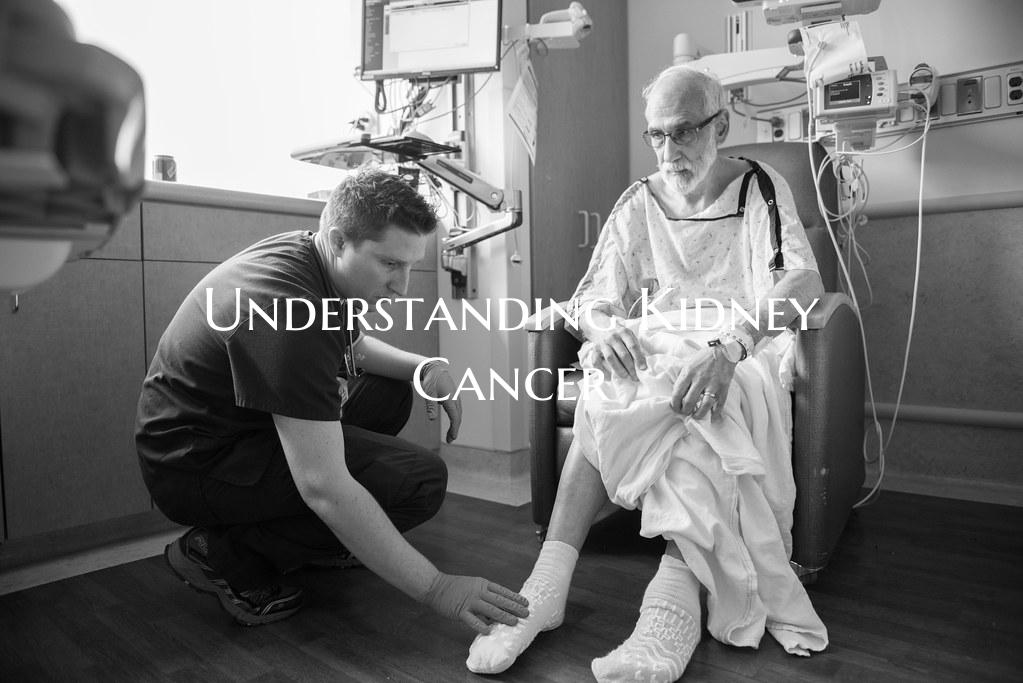
Understanding Kidney Cancer
Kidney cancer, also known as renal cancer, is a disease in which malignant cells form in the tissues of the kidneys. The kidneys are bean-shaped organs located on each side of the spine, just below the ribcage. They play a crucial role in filtering waste products and excess fluids from the blood to form urine.
Types of Kidney Cancer:
1. Renal Cell Carcinoma (RCC): This is the most common type of kidney cancer, accounting for about 85% of cases. RCC originates in the lining of the kidney tubules and can spread to other organs if not treated early.
2. Transitional Cell Carcinoma (TCC): This type of kidney cancer begins in the renal pelvis, where urine collects before passing into the ureter. TCC is less common than RCC but tends to grow more quickly.
3. Wilms Tumor: This is a rare type of kidney cancer that primarily affects children. It usually occurs in children aged 3 to 4 years and is highly treatable with surgery and sometimes chemotherapy.
Causes and Risk Factors:
The exact cause of kidney cancer is unknown, but several risk factors have been identified, including:
- Smoking: Tobacco use is a leading cause of kidney cancer. - Obesity: Being overweight or obese increases the risk of developing kidney cancer. - High Blood Pressure: Hypertension is associated with a higher risk of kidney cancer. - Family History: Having a family member with kidney cancer increases your risk. - Age: The risk of kidney cancer increases with age, especially after 50.
Symptoms:
In the early stages, kidney cancer may not cause any symptoms. As the disease progresses, common signs and symptoms may include:
- Blood in the urine (hematuria) - Back or side pain that doesn't go away - Unexplained weight loss - Fatigue - Loss of appetite - Anemia - Swelling in the ankles or legs
Diagnosis and Treatment:
If kidney cancer is suspected, various tests may be used to confirm the diagnosis, such as imaging tests (CT scan, MRI, ultrasound), blood tests, and a biopsy of the kidney tissue. Treatment options for kidney cancer depend on the stage of the disease and may include surgery, targeted therapy, immunotherapy, radiation therapy, and chemotherapy.
In conclusion, understanding kidney cancer is crucial for early detection and effective treatment. By knowing the risk factors, symptoms, and available treatment options, individuals can take proactive steps to protect their kidney health and overall well-being. Regular medical check-ups and a healthy lifestyle can help reduce the risk of developing kidney cancer.